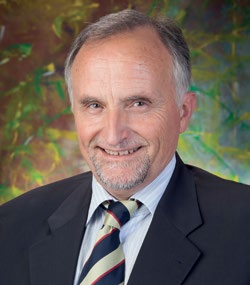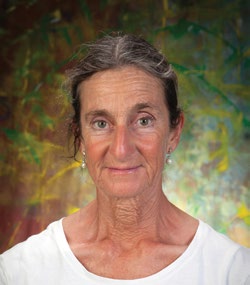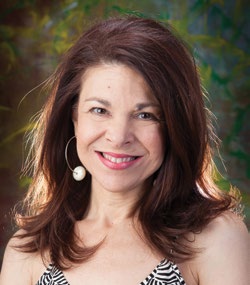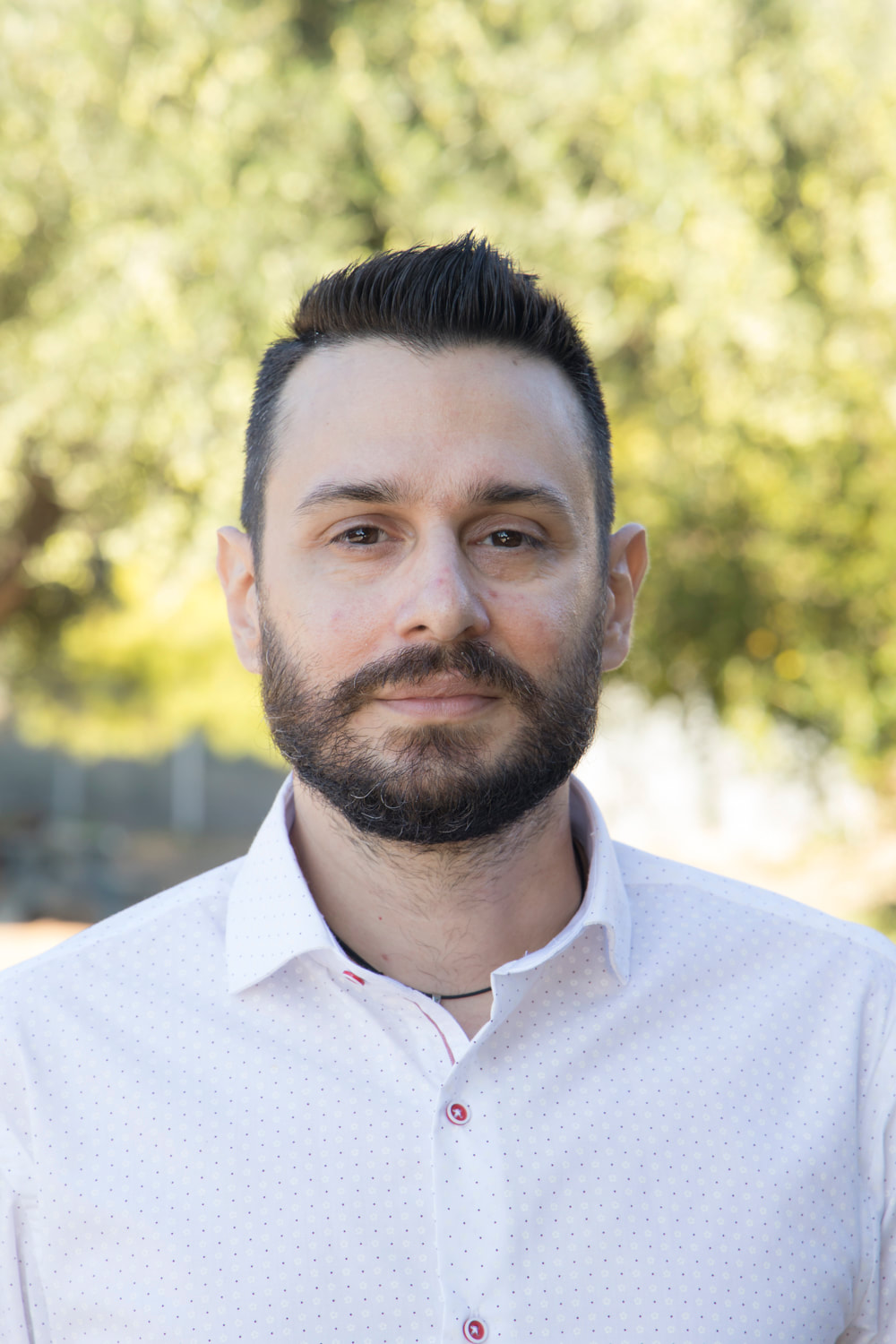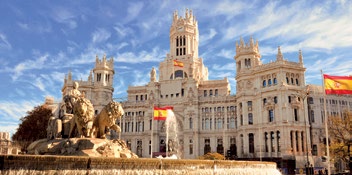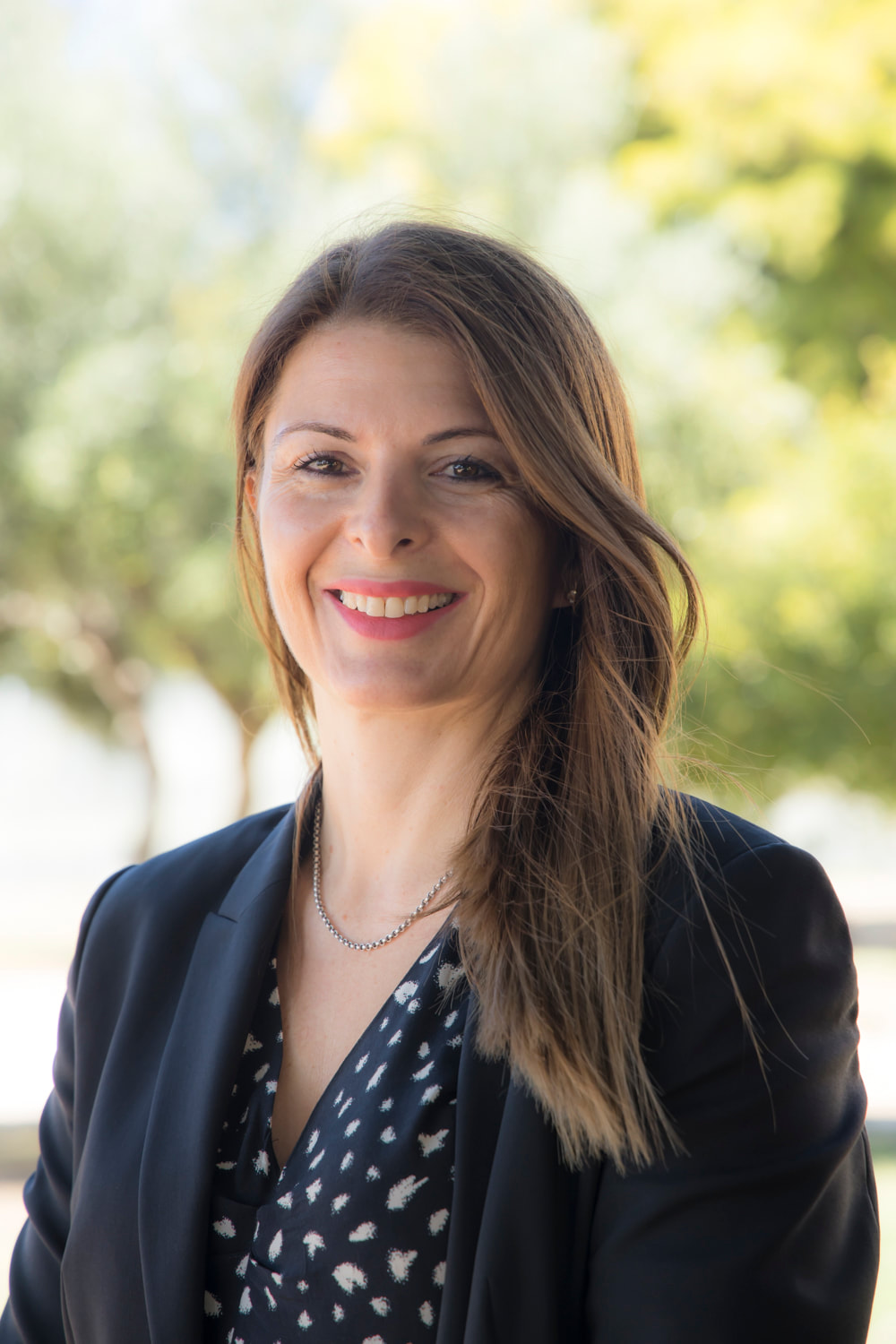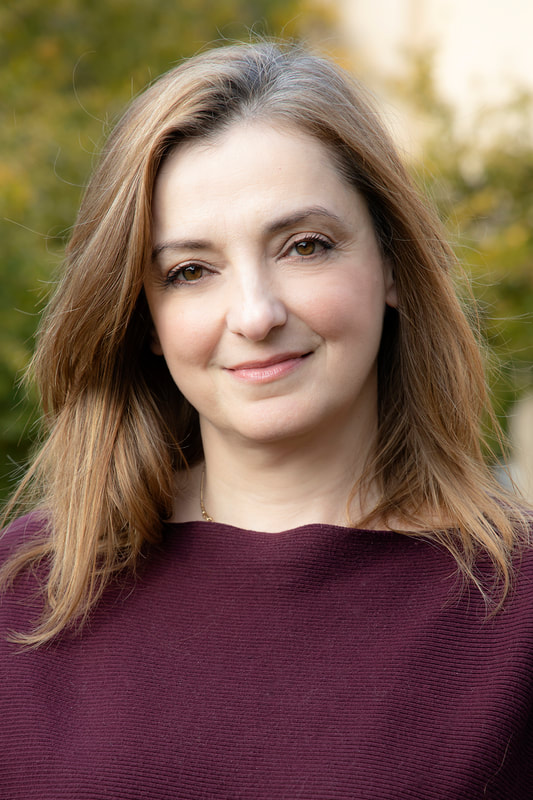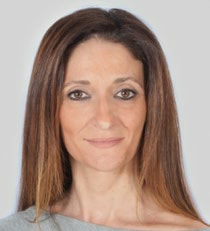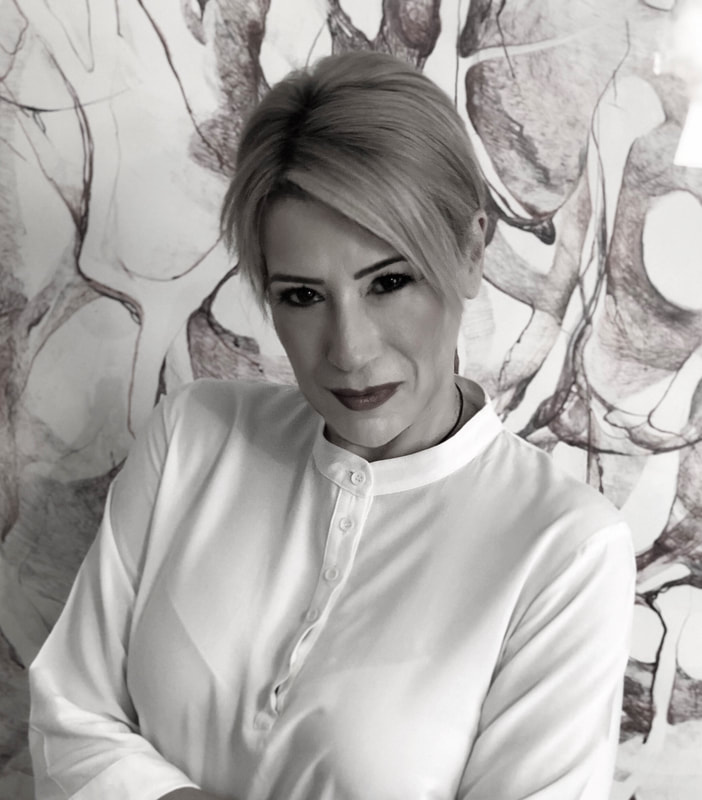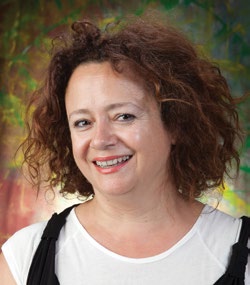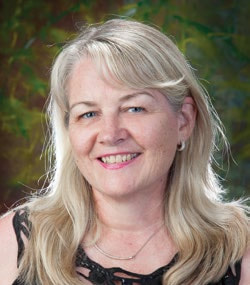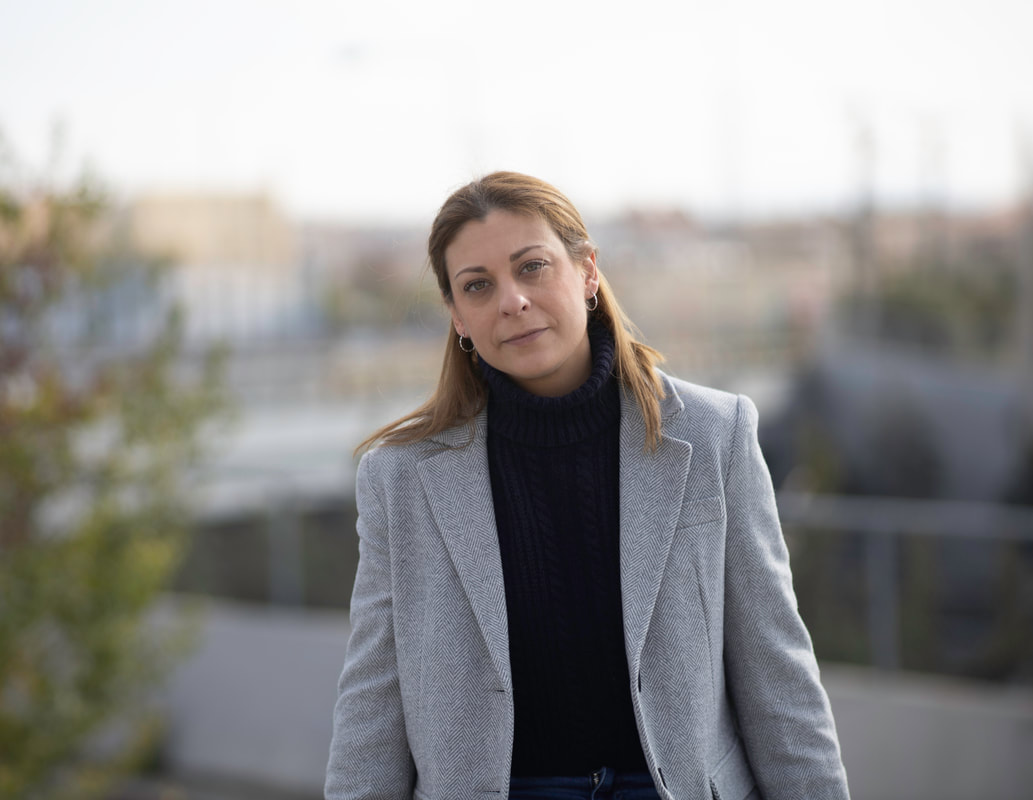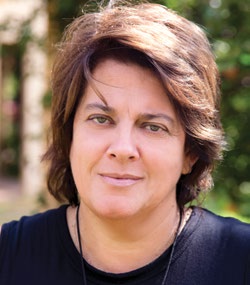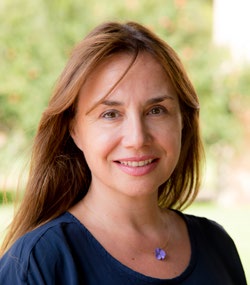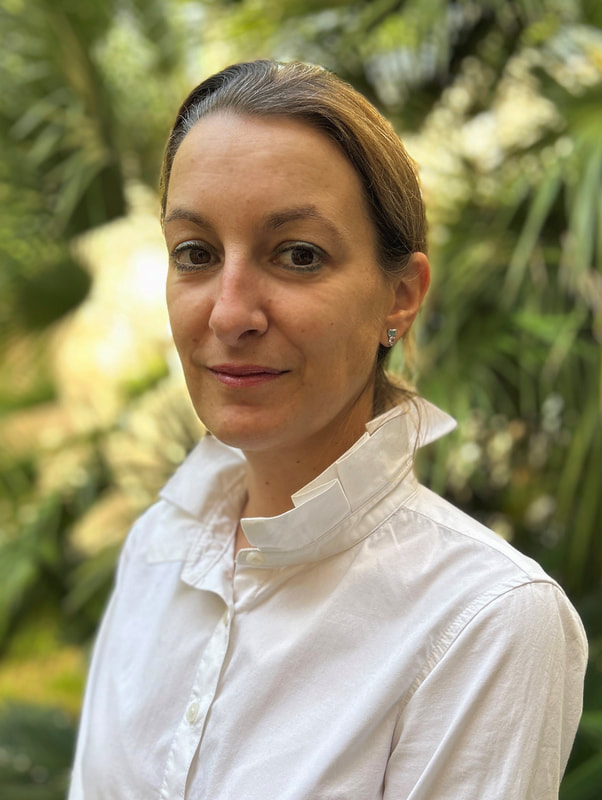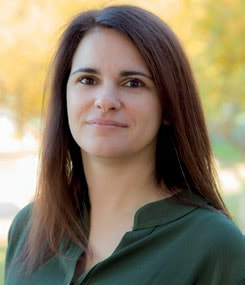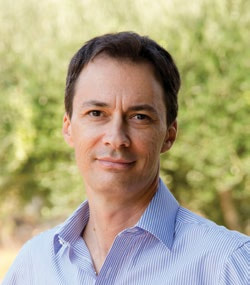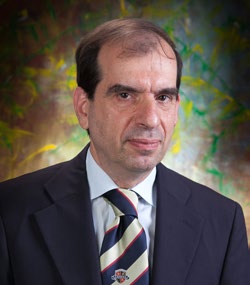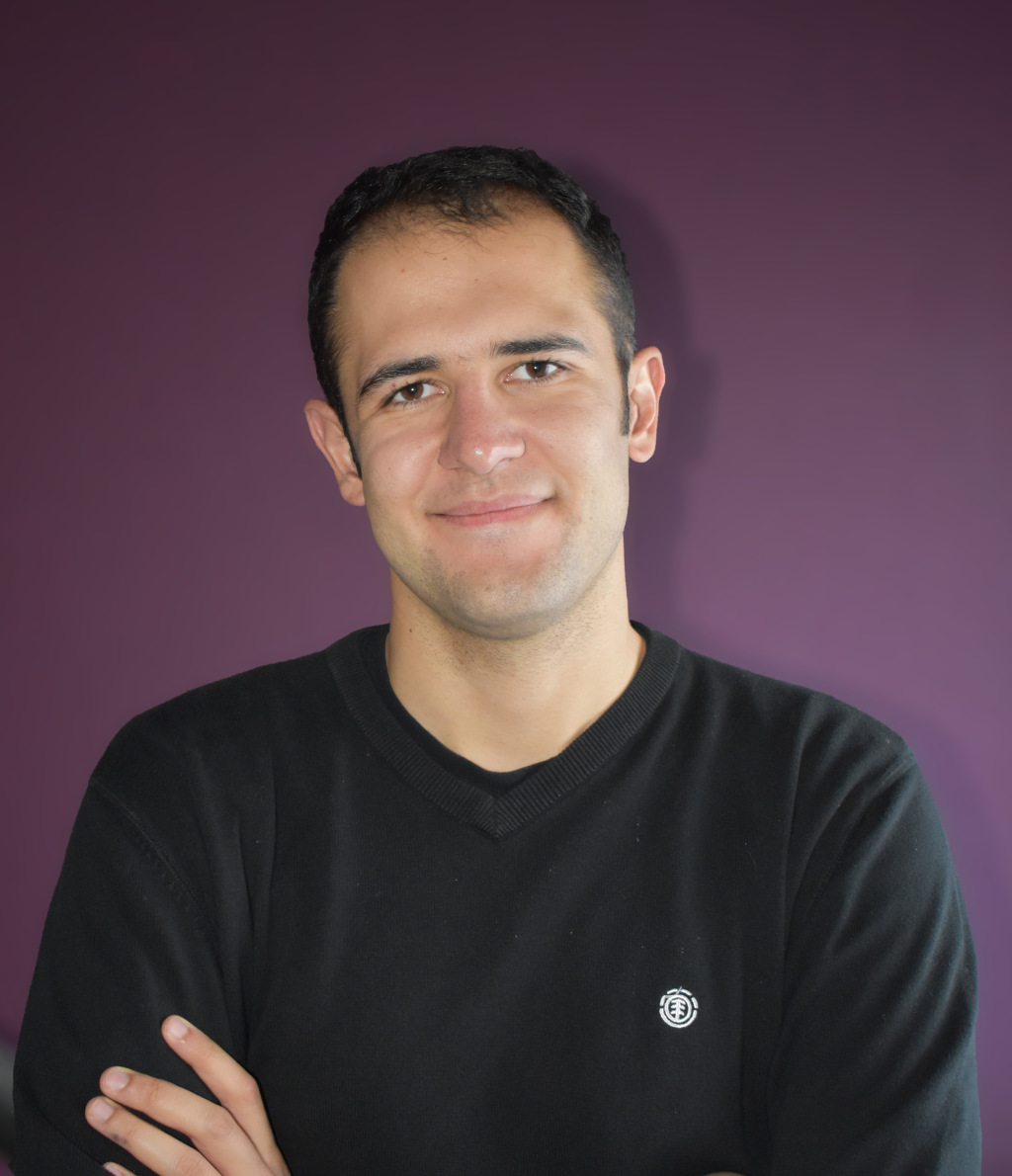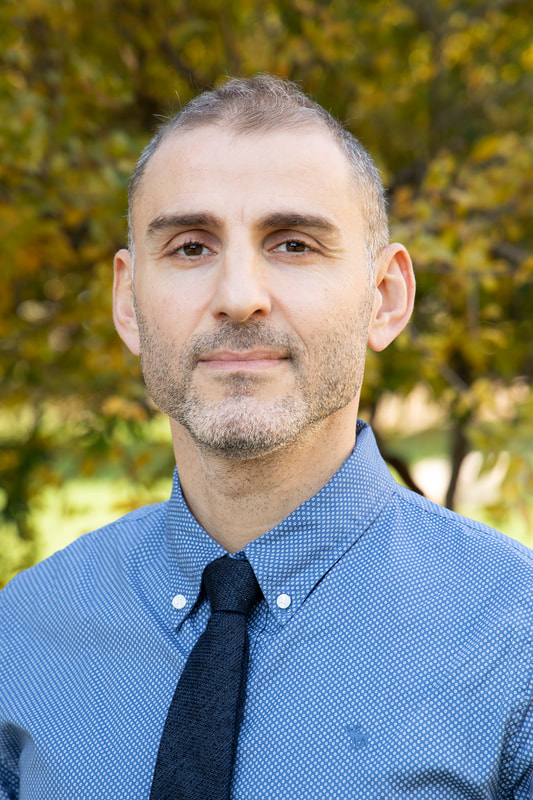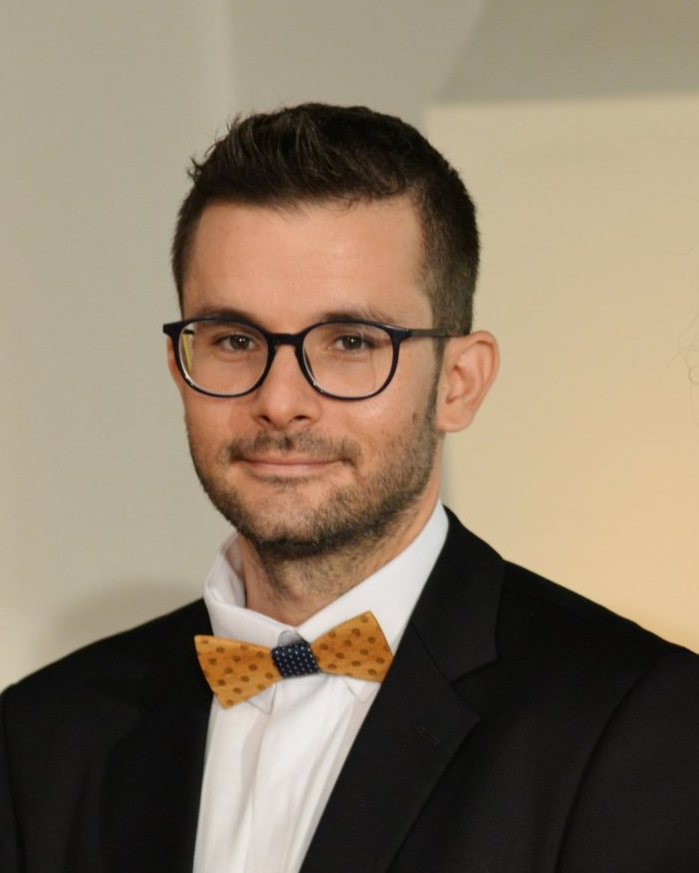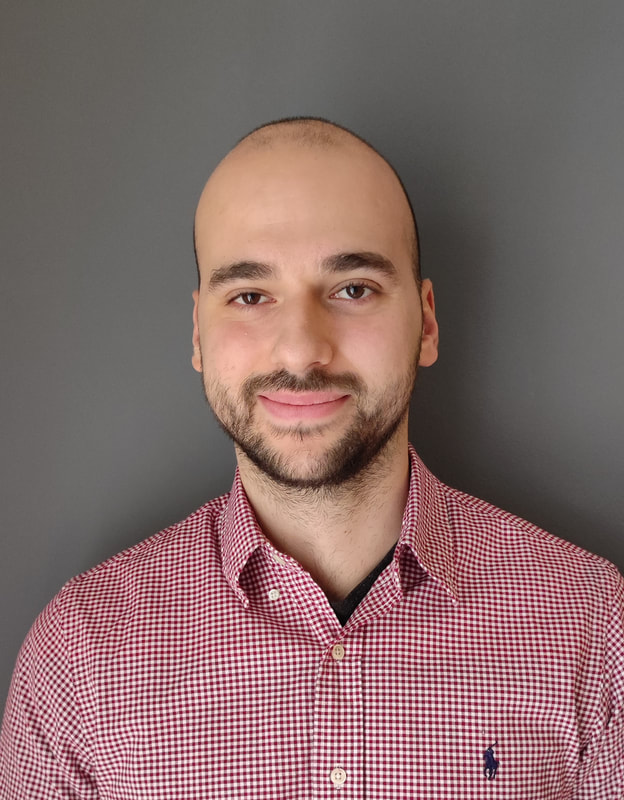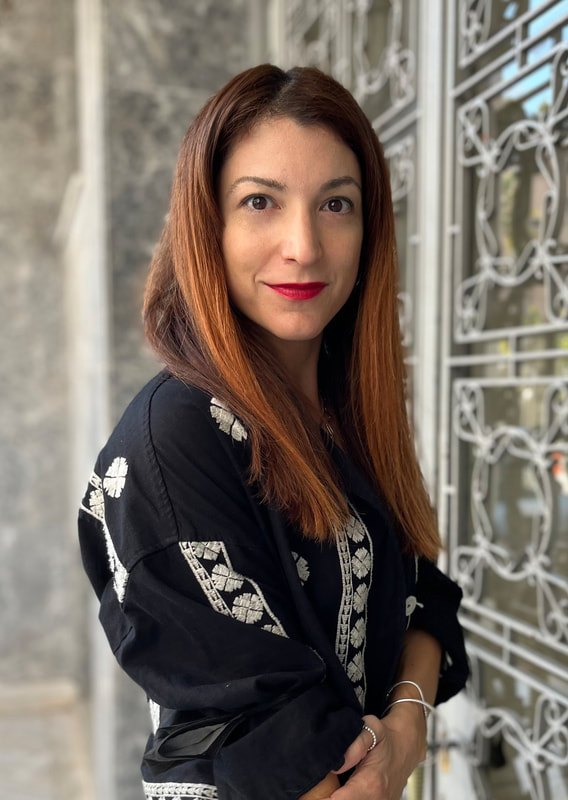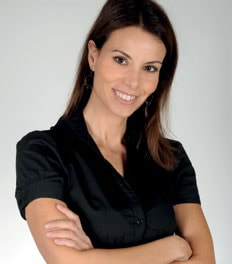Courses and Faculty
Our Courses
- Theory of Knowledge (TOK)
- Creativity, Activity, Service (CAS)
- Studies in Language and Literature: Language and Literature
- Studies in Language and Literature: Literature
- Language Acquisition: English B, French B, Spanish B
- Language Acquisition: French ab initio
- Individual and Societies: Business Management
- Individual and Societies: Economics
- Individual and Societies: History
- Individual and Societies: Philosophy
- Individual and Societies: Psychology
- Individual and Societies: Environmental Systems and Societies (ESS)
- Sciences: Biology
- Sciences: Environmental Systems and Societies (ESS)
- Sciences: Computer Science
- Sciences: Chemistry
- Sciences: Physics
- Mathematics: Application and Interpretation
- Mathematics: Analysis and Approaches
- The Arts: Visual Arts
- The Arts: Music
Theory of Knowledge (TOK)
Theory of knowledge (TOK) is a distinct and unique element of the IBDP, as it provides students with the opportunity to reflect on the nature of knowledge, and explore how we know what we claim to know. TOK acts as a thoughtful and purposeful inquiry into different ways of knowing, and into different kinds of knowledge. A crucial part of TOK is mastering the art of asking and answering questions. For instance, students are asked to reflect on the following questions: “How do we know what we know?”, “What counts as evidence for X?”, “How do we judge which is the best model of Y?” and “What does theory Z mean in the real world?”. Through discussions of these and other questions, students gain greater awareness of their personal and ideological assumptions and develop an appreciation of diverse cultural perspectives. TOK is one of the components of the DP core and is mandatory for all students.
|
Theofanis Garagounis Theofanis Garagounis holds a BA in Philosophy, Religious Studies, and Classics from Southern Illinois University, and an MA in Philosophy from Villanova University, Pennsylvania, USA. He has been teaching Theory of Knowledge on the IBDP of Geitonas School since 1999. He is an IB examiner for Theory of Knowledge. |
Creativity, Activity, Service (CAS)
The three strands of CAS are Creativity, Activity and Service. Creativity involves Arts and other experiences that involve creative thinking; Activity involves physical exertion contributing to a healthy lifestyle; and Service includes an unpaid and voluntary exchange that has a learning benefit for the student). CAS prompts students to develop their identities, in line with the IB ethical principles and the IB Learner Profile. CAS also contributes to the IB mission, namely to create a better and more peaceful world through intercultural understanding and respect. This is achieved through several student-led experiences, actions and studies in the IBDP, which culminate to the CAS group project. The CAS project challenges students to:
- show initiative
- demonstrate perseverance
- develop skills such as collaboration, problem solving and decision making.
A good CAS programme should be both challenging and enjoyable – a personal journey of self-discovery. Each student has a different starting point, which develops into different goals and needs. Yet, for most students, CAS activities end up being profound and life changing experiences.
CAS Coordinator: Anastasia Papathanasiou
Assistant CAS Coordinators: Chrysa Moutafi and Vivian Emmanouilidou
Studies in Language and Literature: Language and Literature
In our department, Language and Literature courses are offered in English A and in Modern Greek A. The course introduces the critical study and interpretation of written and spoken texts from a wide range of literary and non literary genres. The formal analysis of texts is supplemented by awareness that meaning is not fixed but can change in respect to contexts of production and consumption. This course is available for study in 17
languages. The course is organized into four parts, each focused on the study of either literary or non-literary texts. Together, the four parts of the course allow the student to explore the language through its cultural development and use, its media forms and functions, and its literature. Students develop skills of literary and textual analysis, and also the ability to present their ideas effectively. A key aim is the development of critical literacy.
Key features
• Students develop the techniques needed for the critical analysis of communication, becoming alert to interactions between text, audience and
purpose
• An understanding of how language, culture and context determine the construction of meaning is developed through the exploration of texts, some of which are studied in translation, from a variety of cultures, periods and genres
• Students are assessed through a combination of formal examinations, written coursework and oral activities
• The formal examination comprises two essay papers, one requiring the analysis of unseen literary and non-literary texts, and the other a response to a question based on the literary works studied
• Students also produce written tasks in a variety of genres, and perform two oral activities presenting their analysis of works read.
Modern Greek A: Language and Literature is taught by Dr Dimitra Louka, Ms Eriphili Baya and Dr Ioannis Psomakis.
English A: Language and Literature is taught by Ms Demetriadi.
|
Joanna Demetriadi Joanna Demetriadi holds a BA in Modern Arabic Studies from Durham University and an RSA Diploma in Teaching English as a Foreign Language from International House in London. She has been teaching English A Literature and English B in the IBDP of Geitonas School since 1995. She has been an IB examiner in English A Literature since 2000 and principal examiner since 2012. She has been an oral examiner for the Cambridge exams run by The British Council in Athens and has taught English, Arabic, French and Latin to adults and children in Syria and Egypt. |
Studies in Language and Literature: Literature
In our department, Literature courses are offered in English A and in Modern Greek A. The Literature course introduces students to the analysis of literary texts. It is the course through which the IB’s policy of mother-tongue entitlement is delivered. The course is organized into four parts, each focused on a group of literary works. Together, the four parts of the course add up to a comprehensive exploration of literature from a variety of cultures, genres and periods. Students learn to appreciate the artistry of literature, and develop the ability to reflect critically on their reading, presenting literary analysis powerfully through both oral and written communication. Students study 13 works at higher level and 10 works at standard level from a representative selection of genres, periods and places.
Students develop the ability to engage in close, detailed analysis of literary works, building understanding of the techniques involved in literary
criticism. The study of literary works in context is emphasised, and through the study of literature in translation the student is challenged to reflect on the role of cultural assumptions in interpretation. Students are assessed through a combination of formal examinations, written coursework and oral activities. The formal examination comprises two essay papers, one requiring the analysis of a passage of unseen literary text, and the other a response to a question based on the works studied. Students also produce a written assignment based on the works studied in translation, and perform two oral activities presenting their analysis of works read.
|
Erifylli Bagia
Erifylli Bagia has studied Classics at the University of Athens, she has done postgraduate studies (MPhil) in the Modern Greek & Byzantine Studies Department at King’s College London University and she holds a postgraduate Diploma in Translation from the Institute of Linguists in London. She has been teaching Modern Greek A Literature & Language and Literature on the IBDP at Geitonas School since 1996. She is an IB examiner for Modern Greek A Literature. |
|
Dr Ioannis Psomakis Dr Ioannis Psomakis holds a BA in Philosophy and Pedagogy from the School of Philosophy of the University of Athens (UoA) and a BA in Theology from the School of Theology of the same university. He has done postgraduate studies in Comparative Philosophy of Religion (MA) and he holds a doctoral degree (PhD) in Classics and Byzantine Studies (Department of Philosophy, UoA). He has been teaching modern Greek language and literature at High School level since 2006 and teaches Modern Greek on the IBDP of Geitonas School. |
Language Acquisition: English B, French B, Spanish B
Language B acquisition courses are designed for students with some previous experience in each language. While studying the language, students also explore the culture(s) connected with it. The aims of the Language B courses are to:
- develop students’ intercultural understanding
- enable students to understand and use the language they have studied in a range of contexts and for a variety of purposes
- encourage, through the study of texts and through social interaction, an awareness and appreciation of the different perspectives of people from other cultures
- develop students’ awareness of the role of language in relation to other areas of knowledge
- develop students’ awareness of the relationship between the languages and cultures with which they are familiar
The course helps students follow university courses in English, French and Spanish in any discipline. Interactive, productive and receptive skills are
developed through contextualized study of language, texts and themes. The course extends itself in two academic years and follows the IBO’s specific form of assessment. Paper one is mostly concerned with assessing students’ knowledge in developing written language with a clear purpose. Paper two on the other hand, assesses students’ skills in listening and reading comprehension. Finally, an individual oral assessment is based on an extract from one of the two literary works studied in class. This component is internally assessed by the teacher and externally moderated by the IBO at the end of the course. The courses are organized into five themes. The five prescribed themes are:
- identities
- experiences
- human ingenuity
- social organization
- sharing the planet
Εnglish B is taught by Ms Joanna Demetriadi, Ms Joan O’Shea Talphezian, and Ms Asimina Chroni.
French B is taught by Ms Maria Plaka.
Spanish B is taught by Ms Chryssa Moutafi.
|
Asimina Chroni - English B
Asimina Chroni holds a Bachelor of Education in Humanities and Social Sciences (TESOL major) and a Master of Education (with Merit) from the University of Sydney, Australia. Her research focus was on Second/Foreign Language Teaching Methodology and Interculturalism. In 2000 she was appointed as an English for Academic Purposes (EAP) Teacher at the Center for English Teaching at Sydney University. From 2002 onwards she has been working in Greece as an ESL/EFL Language Teacher in Secondary Schools and other organisations as an EAP Language Instructor. She joined the IBDP of Geitonas School in 2002 as an Assistant CAS Coordinator. She is currently teaching English B and Pre-IB Study Skills in the IBDP of Geitonas School. |
|
Maria Plaka - French B and French ab initio Maria Plaka holds a BA in French Language and Literature from the University of Athens and an M.A. in Teaching French as a foreign language from the Hellenic Open University. She teaches French B and French ab initio at the IBDP of Geitonas School, is the Assistant CAS Coordinator, and university counselor for studies in European universities. She is specialized in Teaching Engineering, Learner Autonomy and Self Directed Language Learning. |
|
Chrysa Moutafi - Spanish B and Spanish ab initio
Chryssa Moutafi holds a BA in Spanish Language and Literature of the School of Philosophy from National and Kapodistrian University of Athens along with Diploma de español como lengua extranjera (Nivel Superior). She is involved in the translation of multiple theatrical plays. She has been teaching Spanish language at Geitonas School since 2011 and at other educational institutions since 2005. She is also the Assistant CAS Coordinator. |
Language Acquisition: French and Spanish ab initio
Language ab initio is a language acquisition course designed for students with no prior experience of the target language, or for those students with very limited previous exposure. It should be noted that language ab initio is offered at SL only. In the language ab initio course, students develop the
ability to communicate in the target language through the study of language, themes and texts. In doing so, they also develop conceptual understandings of how language works. Communication is evidenced through receptive, productive and interactive skills across a range of contexts and purposes that are appropriate to the level of the course. The study of language requires careful attention to forms, structures, functions and conceptual understandings of language. Knowledge of vocabulary and grammar – the what of language – is reinforced and extended by understanding the why and how of language: audience, context, purpose, meaning.
Five prescribed themes are common to the syllabuses of language ab initio and language B; the themes provide relevant contexts for study at all levels of language acquisition in the DP, and opportunities for students to communicate about matters of personal, local or national, and global interest. The five prescribed themes are:
- identities
- experiences
- human ingenuity
- social organization
- sharing the planet.
Individual and Societies: Business Management
Students learn to analyse, discuss and evaluate business activities at local, national and international levels. The course covers a range of organizations from all sectors, as well as the socio-cultural and economic contexts in which those organizations operate. The course covers the key characteristics of business organization and environment and the business functions of human resource management, finance and accounts, marketing and operations management. Links between the topics are central to the course. Through the exploration of six underpinning concepts (change, culture, ethics, globalization, innovation and strategy), the course allows students to develop a holistic understanding of today’s complex and dynamic business environment. The conceptual learning is firmly anchored in business management theories, tools and techniques and placed in the context of real world examples and case studies.
The course encourages the appreciation of ethical concerns at both a local and global level. It aims to develop relevant and transferable skills, including the ability to: think critically; make ethically sound and well-informed decisions; appreciate the pace, nature and significance of change; think strategically; and undertake long term planning, analysis and evaluation. The course also develops subject-specific skills, such as financial analysis.
Syllabus:
- Business organization and environment
- Human resource management
- Finance and accounts
- Marketing
- Operations management
Students prepare a research project of 2000 words where they research and report on an issue facing an organization or a decision to be made by an organization (or several organizations).
Business Management is taught by Ms Kyriaki Vamvakerou and Ms Elpida Vassiliadou.
|
Elpida Vassiliadou
Elpida Vassiliadou holds a MSc in Strategic Marketing from the Leicester Business School of DeMontfort University. She has been awarded as Best Student by the Chartered Institute of Marketing (CIM), the most recognized Marketing Institute in Europe. She has worked at established companies in Greece with well-known brands in the fields of Communication, Public Relations, Advertising, and Marketing. Mrs. Vassiliadou has many years of experience in education, mainly in studies concerning Marketing, Management and Sales, both at graduate and post-graduate level. |
|
Kyriaki Vamvakerou Kyriaki Vamvakerou holds a BA in economics from the Economic University in Athens (former ASOEE). She has completed postgraduate studies in Development Management at the Open University UK and has a Secondary Education Teaching Certificate awarded by ASPAITE. She has been teaching Economics on the IBDP since 1996 and Business Management since 1998. She has been an IB Examiner in Business Management since 2004. |
Individual and Societies: Economics
The study of economics is essentially about dealing with scarcity, resource allocation and the methods and processes by which choices are made in the satisfaction of human wants. As a dynamic social science, economics uses scientific methodologies that include quantitative and qualitative elements. The course emphasizes the economic theories of microeconomics, which deal with economic variables affecting individuals, firms and markets, and the economic theories of macroeconomics, which deal with economic variables affecting countries, governments and societies. These economic theories are not to be studied in a vacuum – rather, they are to be applied to real-world issues. Prominent among these issues are fluctuations in economic activity, international trade, economic development and environmental sustainability. The ethical dimensions involved in the application of economic theories and policies permeate the economics course as students are required to consider and reflect on human end-goals and values.
The economics course encourages students to develop international perspectives, fosters a concern for global issues, and raises students’ awareness of their own responsibilities at a local, national and international level. The course also seeks to develop values and attitudes that will enable students to achieve a degree of personal commitment in trying to resolve these issues. At both standard level and higher level, candidates
are required to study four topics: microeconomics, macroeconomics, international economics and development economics with some sub-topics within these reserved solely for higher level. These sections are assessed by two examinations at standard level and three examinations at higher level. In addition to the examinations, candidates must submit an internal assessment; a portfolio of three commentaries based on articles from published news media.
Individual and Societies: History
History is a dynamic, contested, evidence-based discipline that involves an exciting engagement with the Wkey historical concepts such as change, continuity, causation and significance. History is an exploratory subject that fosters a sense of inquiry. It is also an interpretive discipline, allowing
opportunity for engagement with multiple perspectives and a plurality of opinions. Studying history develops an understanding of the past, which leads to a deeper understanding of the nature of humans and of the world today. The IB Diploma Programme (DP) history course is a world history course based on a comparative and multiperspective approach to history. It involves the study of a variety of types of history, including political, economic, social and cultural, and provides a balance of structure and flexibility.
The course emphasizes the importance of encouraging students to think historically and to develop historical skills as well as gaining factual knowledge. It puts a premium on developing the skills of critical thinking, and on developing an understanding of multiple interpretations of history.
In this way, the course involves a challenging and demanding critical exploration of the past. Students are assessed in three papers. The first paper is based on a case study that explores Japanese, German and Italian aggression in the lead up to World War II. This is a source based paper, where students explore the methods historians use when studying and “writing” history. The second paper involves a detailed study of the authoritarian states and the wars of the 20th century. Paper 3 is for high level students only and consists of an in-depth study of European history.
|
Joan O’Shea Talphezian
Joan O’Shea Talphezian holds a BA in English Literature and History, a Higher Diploma in Education from the University College Cork, and a Diploma in teaching English as a foreign language from the Nation’s Language Centre in Cork, Ireland. She has been teaching English B and History in the IBDP of Geitonas School since 1996. She has been an IB examiner in History since 2007 and an oral examiner for the Cambridge exams run by The British Council in Athens. She has taught English in England, Greece and Lebanon. |
Individual and Societies: Philosophy
Philosophy is a systematic critical inquiry into profound, fascinating and challenging questions such as: What is it to be human? Do we have free will? What do we mean when we say something is right or wrong? These abstract questions arise out of our everyday experiences, and philosophical tools such as critical and systematic thinking, careful analysis, and construction of arguments provide the means of addressing such
questions. The practice of philosophy deepens and clarifies our understanding of these questions, as well as our ability to formulate possible responses. The course is focused on stimulating students’ intellectual curiosity and encouraging them to examine both their own perspectives and those of others. Students are challenged to develop their own philosophical voice and to grow into independent thinkers, in addition to engaging with some of the world’s most interesting and influential thinkers.
All students study a core theme entitled “Being Human”. This theme provides an opportunity to explore the fundamental question of what it is to
be human. This exploration takes place through a discussion of key concepts such as identity, freedom, and human nature, and through a consideration of questions such as what sets humans apart from other species, where the boundaries of being human lie, and whether animals
or machines could be considered persons. Students also develop their skills through the study of other philosophical themes and the close reading
of a philosophical text. They also learn to apply their philosophical knowledge and skills to real-life situations and to explore how non-philosophical
material can be treated in a philosophical way. HL students also engage in a deeper exploration of the nature of philosophy itself.
Philosophy is taught by Dr Vasileios Xyrafas and Mr Theofanis Garagounis.
|
Marina Koutsoubou Marina Koutsoubou holds a BA in Philosophy-Pedagogy-Psychology, National & Kapodistrian University of Athens (UoA), an MA in Philosophy of Ethics, (UoA), and an MA in Teaching Modern Greek as a Second/Foreign Language (UoA). She is also a PhD candidate in Philosophy of Ethics (UoA). |
Individual and Societies: Psychology
The psychology course examines the interaction of biological, cognitive and sociocultural influences on human behaviour. Students undertaking the course can expect to develop an understanding of how psychological knowledge is generated, developed and applied. This will allow them to have a greater understanding of themselves and appreciate the diversity of human behaviour. The holistic approach reflected in the curriculum, which sees biological, cognitive and sociocultural analysis being taught in an integrated way ensures that students are able to develop an understanding of what all humans share, as well as the immense diversity of influences on human behaviour and mental processes. The ethical concerns raised by the methodology and application of psychological research are also key considerations of the IB psychology course.
Syllabus:
- The biological approach of behaviour
- The cognitive approach of behaviour
- The sociocultural approach of behaviour
- Qualitative research in psychology (HL only)
Options:
- Abnormal psychology
- Developmental psychology
- Health psychology
- Psychology of human relationships
Key features:
- Students learn both basic facts and complex concepts related to the biological, cognitive and sociocultural levels of analysis.
- Students in higher level courses are also assessed on their knowledge and understanding of qualitative research.
- For their internal assessment, psychology higher level students plan, undertake and report on a simple experimental study.
|
Natasa Athanasopoulou Natasa Athanasopoulou holds a BA in Psychology from the American College of Greece and a MSc in Research Methods and Statistics in Social and Developmental Psychology from the University of Strathclyde in Glasgow, Scotland. She has been teaching Psychology on the IBDP of Geitonas School since 1995 and is an IB Senior Examiner for Psychology. She is in charge of the psychological counselling on the IBDP, coordinates the personal advising system and organizes group meetings for parents. |
Sciences: Biology
An interest in life is natural for humans; not only are we living organisms ourselves, but we depend on many species for our survival, are threatened by some and coexist with many more. From the earliest cave paintings to the modern wildlife documentary, this interest is as obvious as it is ubiquitous, as biology continues to fascinate young and old all over the world. Students will attempt to understand the living world at all levels using many different approaches and techniques. At one end of the scale is the cell, its molecular construction and complex metabolic reactions. At the other end of the scale, students will investigate the interactions that make whole ecosystems function.
Syllabus:
- Cell Biology
- Molecular Biology
- Genetics
- Ecology
- Evolution and biodiversity
- Human physiology
- Nucleic acids
- Metabolism, cell respiration and photosynthesis
- Plant biology
- Genetics and evolution
- Animal physiology
Options:
- Neurobiology and behavior
- Biotechnology and bioinformatics
- Ecology and conservation
- Human Physiology
Key features:
- Available at standard (SL) and higher levels (HL)
- Students are assessed both externally and internally
- The distinction between SL and HL is one of breadth and depth.
- A practical approach to the course delivery is emphasized through the interdisciplinary group 4 project and a mixture of both short-term and long-term experiments and investigations.
|
Argyro Pouli Argyro Pouli holds a BSc in Biology from the University of Athens and has studied Biology at the University of Massachusetts in Boston, USA. She has been teaching Biology on the IBDP of Geitonas School since 2011 and High School Biology since 2001. She is an IB examiner and co-author of High School Biology textbooks. |
Sciences / Individual and Societies: Environmental Systems and Societies (ESS)
ESS is an interdisciplinary group 3 and 4 course that is offered only at standard level (SL). As an
interdisciplinary course, ESS is designed to combine the methodology, techniques and knowledge
associated with group 4 (sciences) with those associated with group 3 (individuals and societies). Because it is an interdisciplinary course, students can study ESS and have it count as either a group 3 or a group 4 course, or as both. If students choose the latter option, this leaves the opportunity to study an additional subject from any other group, including an additional group 3 or group 4 subject.
A cornerstone of the ESS course is the idea of environmental value systems (EVSs). Each individual, or group of individuals, will have his or her own EVS arising from his or her beliefs and circumstances. One’s perception of the importance and impact of environmental threats varies according to individual circumstances, cultures and traditions, and is subject to change over time.
Studying this course will lead students to critically examine and develop their own value systems. They should also become acquainted with the diverse range of EVSs of people from different cultures and backgrounds. These too can be critically examined, but this should be done in an atmosphere of tolerance and respect towards others.
Syllabus:
- Foundations of environmental systems and societies
- Ecosystems and ecology
- Biodiversity and conservation
- Water and aquatic food production systems and societies
- Soil systems and terrestrial food production systems and societies
- Atmospheric systems and societies
- Climate change and energy production
- Human systems and resource use
Key features:
- Available at standard (SL) level only.
- Students are assessed both externally and internally.
- Practical work is an important aspect of the ESS course, whether in the laboratory, classroom, or out in the field.
|
Mrs Elina Hatzidimitriou Mrs Elina Hatzidimitriou is the IBDP Deputy Coordinator. She holds a BSc in Biology and an MSc in Environmental Management from the University of Edinburgh. She also has a Master of Arts (MA) in Education from the University of Bath, UK and the IBDP Teaching Certificate from the IB. She has been teaching Biology and Environmental Systems and Societies (ESS) since 2003 in private schools in Greece and the United States. She is an IB examiner for Biology and currently teaching ESS at Geitonas IBDP. |
Sciences: Computer Science
The IBDP computer science HL course requires an understanding of the fundamental concepts of computational thinking as well as knowledge of how computers and other digital devices operate. The course, underpinned by conceptual thinking, draws on a wide spectrum of knowledge, and enables and empowers innovation, exploration and the acquisition of further knowledge. Students study how computer science interacts with and influences cultures, society and how individuals and societies behave, and the ethical issues involved. During the course the students develop computational solutions. This involves the ability to:
- identify a problem or unanswered question
- design, prototype and test a proposed solution
- liaise with clients to evaluate the success of the proposed solution and make recommendations for future developments.
Syllabus:
- System fundamentals
- Computer organization
- Networks
- Computational thinking, problem solving, programming
Additional higher level (AHL):
- Abstract data structures
- Resource management
- Control
Options:
- Databases
- Modeling and simulation
- Web science
- Object oriented programming
A practical approach to the course delivery is emphasized through the development of a product and associated documentation.
Computer Science is taught by Dr Vassilios Zampetakis and Ms Christina Mardaki.
Sciences: Chemistry
It is often called the central science as chemical principles underpin both the physical environment in which we live and all biological systems. Apart from being a subject worthy of study in its own right, chemistry is often a prerequisite for many other courses in higher education, such as medicine, biological science and environmental science. Through studying a science subject students should become aware of how scientists work and communicate with each other. While the scientific method may take on a wide variety of forms, the emphasis is on a practical approach. In addition, through the overarching theme of the “Nature of Science” this knowledge and skills will be put into the context of way science and scientists work in the 21st Century and the ethical debates and limitations of creative scientific endeavour.
Syllabus:
- Stoichiometric relationships
- Atomic structure
- Periodicity
- Chemical bonding
- Energetics/thermochemistry
- Chemical kinetics
- Equilibrium
- Acids and bases
- Redox processes
- Organic chemistry
- Measurement and data processing
Options:
- Materials
- Biochemistry
- Energy
- Medicinal chemistry
Key features:
- Available at standard (SL) and higher levels (HL)
- Students are assessed both externally and internally
- The distinction between SL and HL is one of breadth and depth.
- A practical approach to the course delivery is emphasised through the interdisciplinary group 4 project and a mixture of both short-term and long-term experiments and investigations.
|
Dr Ilias Liakatas
Dr Ilias Liakatas is the IBDP Coordinator. He holds a BSc in Physics from the Aristotle University of Thessaloniki, a Master of Arts in Education (MA) from the University College London (UCL), Institute of Education, and a PhD in natural sciences from the Swiss Federal Institute of Technology (ETH) in Zurich, Switzerland. He also holds the International Teacher Certificate (ITC) awarded by the European Council of International Schools and the IB Advanced Certificate in Teaching and Learning Research awarded by the International Baccalaureate Organization. He has been teaching Chemistry and Physics on the IBDP of Geitonas School since 2002 and is an IB examiner for Chemistry. |
Sciences: Physics
Physics together with the rest Experimental Sciences – Chemistry, Biology and Computer Science which are currently taught in our school, form the fourth intellectual group of the DP hexagon of cognitive areas. The DP Physics course allows students to explore a broad body of knowledge which seeks to explain the universe itself-from the very smallest particles to the vast distances between the galaxies and cosmological theories, to develop traditional practical skills and techniques and increase their abilities in modeling physics through the use of mathematics, which is a natural language of to express physics laws and theories. It also allows students to develop interpersonal and digital communication skills which are essential in modern scientific endeavour and are important lifeenhancing, transferable skills in their own right. Except from the innate need to understand the natural world around us one should not oversee the power of physics to influence the technological world we live and appreciate the impact of physics on society, the moral and ethical dilemmas, and the social, economic and environmental implications of the work of physicists.
Syllabus:
- Measurements and uncertaint.
- Mechanics
- Thermal physics
- Waves
- Electricity and magnetism
- Circular motion and gravitation
- Atomic, nuclear and particle physics
- Energy production
Additional higher level (AHL):
- Wave phenomena
- Fields
- Electromagnetic induction
- Quantum and nuclear physics
Options:
- Relativity
- Engineering physics
- Imaging
- Astrophysics
A practical approach to the course delivery is emphasized through a mixture of both short-term and long-term experiments and investigations.
|
Dr Vassilios Zampetakis Dr Vassilios Zampetakis holds a BSc in Physics and a MSc in Computer Science and Digital Control from the University of Athens, and a MSc and a PhD in Physics from the University of California, Los Angeles. He has been teaching Physics on the IBDP of Geitonas School since 1995 and Computer Science since 2015. He is an IB Physics examiner and a workshop leader for DP Physics and Computer Science. |
|
Giorgos Pentaris Giorgos Pentaris holds a BSc in Physics from the University of Edinburgh, a MSc in Astrophysics from the Ludwig-Maximilian University of Munich and has accomplished his thesis under the Max-Planck Institute of Extraterrestrial Physics. He is now teaching Physics and Chemistry in the IBDP of Geitonas School. |
Mathematics: Application and Interpretation
Mathematics: applications and interpretation is for students who are interested in developing their mathematics for describing our world and solving practical problems. They will also be interested in harnessing the power of technology alongside exploring mathematical models. Students who take Mathematics: applications and interpretation will be those who enjoy mathematics best when seen in a practical context. This course recognizes the increasing role that mathematics and technology play in a diverse range of fields in a data-rich world. As such, it emphasizes the meaning of mathematics in context by focusing on topics that are often used as applications or in mathematical modelling. To give this understanding a firm base, this course also includes topics that are traditionally part of a pre-university mathematics course such as calculus and statistics.
The course makes extensive use of technology to allow students to explore and construct mathematical models. Mathematics: applications and interpretation will develop mathematical thinking, often in the context of a practical problem and using technology to justify conjectures.
Distinction between SL and HL:
Students who choose Mathematics: applications and interpretation at SL or HL should enjoy seeing mathematics used in real-world contexts and to solve real-world problems. Students who wish to take Mathematics: applications and interpretation at higher level will have good algebraic skills and experience of solving real-world problems. They will be students who get pleasure and satisfaction when exploring challenging problems and who are comfortable to undertake this exploration using technology.
Mathematics: Application and Interpretation is taught by Mr Marinos Papadopoulos and Mr Nikolaos Sampanis.
|
Marinos Papadopoulos
Marinos Papadopoulos holds a BA in Mathematics from the University of Athens and a MSc in STEM Education from School of Pedagogical and Technological Education of Athens. He has specialized in learning difficulties, educational psychology, multicultural and digital education in the University of Athens. He has been teaching Mathematics since 2004 and worked as a study counselor. He is the author of several high school and IB Mathematical textbooks and maintains the mathacademy.gr educational platform with e-material for high school & IB students. Finally, he is an IB examiner and an IB mathematics IA moderator. He has been teaching mathematics on the IBDP of Geitonas School since 2018. |
|
Nikolaos Sampanis
Nikolaos Sampanis holds a BSc in Mathematics from the Kapodistrian University of Athens and a MSc in Applied Mathematics from Open Hellenic University. He is a PhD candidate at the Computer Engineering & Informatics Department at University of Patras. He has been teaching Mathematics since 2002 and worked as Director of Studies at a tutorial school. He is the author of academic books and textbooks and creates content creator for educational platforms. He is now teaching Mathematics in the IBDP of Geitonas School. |
Mathematics: Analysis and Approaches
Mathematics: analysis and approaches is for students who enjoy developing their mathematics to become fluent in the construction of mathematical arguments and develop strong skills in mathematical thinking. They will also be fascinated by exploring real and abstract applications of these ideas, with and without technology. Students who take Mathematics: analysis and approaches will be those who enjoy the thrill of mathematical problem solving and generalization. This course recognizes the need for analytical expertise in a world where innovation is increasingly dependent on a deep understanding of mathematics. This course includes topics that are both traditionally part of a pre-university mathematics course (for example, functions, trigonometry, calculus) as well as topics that are amenable to investigation, conjecture and proof, for
instance the study of sequences and series at both SL and HL, and proof by induction at HL. The course allows the use of technology, as fluency in relevant mathematical software and hand-held technology is important regardless of choice of course. However, Mathematics: analysis and approaches has a strong emphasis on the ability to construct, communicate and justify correct mathematical arguments.
Distinction between SL and HL:
Students who choose Mathematics: analysis and approaches at SL or HL should be comfortable in the manipulation of algebraic expressions and enjoy the recognition of patterns and understand the mathematical generalization of these patterns. Students who wish to take Mathematics: analysis and approaches at higher level will have strong algebraic skills and the ability to understand simple proof. They will be students who enjoy spending time with problems and get pleasure and satisfaction from solving challenging problems.
Mathematics: Analysis and Approaches is taught by Mr Dimitris Karkazis and Mr Marinos Papadopoulos.
|
Dimitris Karkazis Dimitris Karkazis holds a BSc in Mathematics and a MSc in Applied Mathematics from the National and Kapodistrian University of Athens. His scientific area of research is based on computational mathematics and its applications. He has taught at International Schools in Athens. He is now teaching Mathematics in the IBDP of Geitonas School. |
The Arts: Visual Arts
The course is a holistic course reflecting the dynamic nature of the visual arts. It has been structured into three core areas: theoretical practice, art-making practice and curatorial practice. Students are required to understand the relationship between these areas and how each area informs and impacts their work in visual arts.
This course encourages students to challenge their own creative and cultural expectations and boundaries. It is a thought-provoking course in which students develop analytical skills in problem-solving and divergent thinking, while working towards technical proficiency and confidence as art-makers. In addition to exploring and comparing visual arts from different perspectives and in different contexts,
students are expected to engage in, experiment with and critically reflect upon a wide range of contemporary practices and media.
The core areas provide an organizing framework for exploring why artists create and how they respond to their world, the forms and techniques
involved in making works of art, as well as investigating how the presentation of works of art contributes to their meaning and significance. The
practices reinforce a creative action cycle through each of the core areas, and suggest a working methodology in which theory informs art-making
practices, and in turn art-making informs theory. Engaging with theoretical, art-making and curatorial practice will affect such things as students’ interests, investigations, interpretations, intentions, decisions, actions, reflections and evaluations within the scope of the course while gaining an appreciation of the contribution that artists, historians, critics, curators and audiences make to the field of visual arts and other related creative industries.
|
Vivian Emmanouilidou
Vivian Emmanouilidou holds a BA in Fine Arts and Technology from Middlesex University of London and an MFA in Visual Arts from Athens School of Fine Arts. She has specialized in Museum Education and Education through Art and has worked in several cultural and educational organizations in Athens and Berlin. As a visual artist, she has participated in various group exhibitions and workshops in Greece and abroad. Vivian Emmanouilidou is a certified IBDP Visual Arts teacher. She has been teaching Visual Arts on the IBDP of Geitonas School since 2022 and she is also the Assistant CAS Coordinator. |
The Arts: Music
Music has existed all over the world as a means of expression, communication, and pleasure. All music appeals to the spirit and emotions as it can inspire, entertain, soothe, or excite and has been used in most of the cultures of the world for religious events and other special occasions. The IB Music Course offers a musical journey to a variety of musical processes and diverse musical material, developing the musical role of the researcher, creator, and performer. It also provides a valuable course of study in both familiar and unfamiliar musical world, as well as in Music Technology. Through participating in the study of music students will develop an understanding of the technical, creative, and expressive aspect of music. The Diploma Programme music course will take students one step further by developing their knowledge and potential as musicians.
Syllabus:
- Exploring music in context
- Experimenting with music
- Presenting music
- The contemporary music maker (HL only)
Areas of inquiry
- Music for sociocultural and political expression
- Music for listening and performance
- Music for dramatic impact, movement, and entertainment
- Music technology/ Music production
Key features:
- Available at standard [SL] and higher [HL] level
- Students are assessed both externally and internally
- The music course at both SL and HL requires no formal prior training in music
- Assessment component is not directly assessed or moderated. It is built on materials collected during the course
|
Anastasia Papathanasiou Anastasia Papathanasiou holds a BA in Piano teaching, a BA Diploma in Performance, a BA in Harmony, a BA in Counterpoint and an MA in Piano performance from the distinguished pianist Helena Mouzala from the National Conservatory of Greece. She currently teaches Music at the IBDP of Geitonas School and is the CAS Coordinator. |

